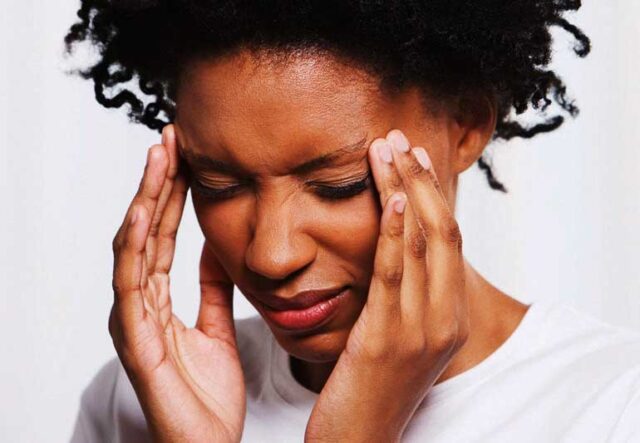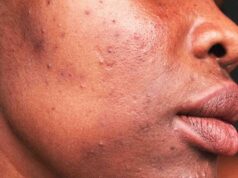QUESTION: Hello doctor, I have noticed that when I feel sleepy and don’t sleep, I get strong headache. How do I go about it? Morris.
Response: Dear Morris,
According to research, sleep plays a role in brain plasticity which is the capacity of the nervous system to modify itself, functionally and structurally, in response to experience and injury.
Sleep deprivation can cause headache due to decreased neural plasticity in the brain.
This is because when someone gets little sleep, the brain does not have enough time to rest and repair itself.
That leads to less regulated neural pathways, resulting in headache (pain or discomfort in the head or face area).
In a large study of causes of migraines (a type of headache characterized by recurrent attacks of moderate-to-severe throbbing and pulsating pain on one side of the head), half said sleep disturbances contributed to their headaches.
According to that research, those who slept only six hours a night on average had more frequent and more severe headaches than those who slept longer.

How to go about it
Include approaches targeting your decreased quality of sleep (coping strategies, a conscious effort from you as a patient to solve a personal problem), and pain (drugs and physical interventions).
For Stress relief, non-drug methods of treatment include massage, and physical activity, a positive effect of sleep hygiene (good sleep habits) has been shown in patients with migraine headache.
Sleep hygiene implies adherence to the following basic rules:
-Planning sleep time; be consistent. Go to bed at the same time each night and get up at the same time each morning, including on the weekends.
-Make sure your bedroom is quiet, dark, relaxing, and at a comfortable temperature.
-Excluding television watching, reading, or music in bed.
-Use of the visualisation method (imagine a pleasant situation and images).
-Excluding daytime sleep.
-Avoid large meals, caffeine, and alcohol before bedtime.
-Get some exercise. Being physically active during the day can help you fall asleep more easily.
For the pain, take over the counter paracetamol (Panadol), but if it persists, see a doctor for a proper prescription and treatment.
Answered by Dr Molino Binywasiki of Mulago National Ref. Hospital.






















